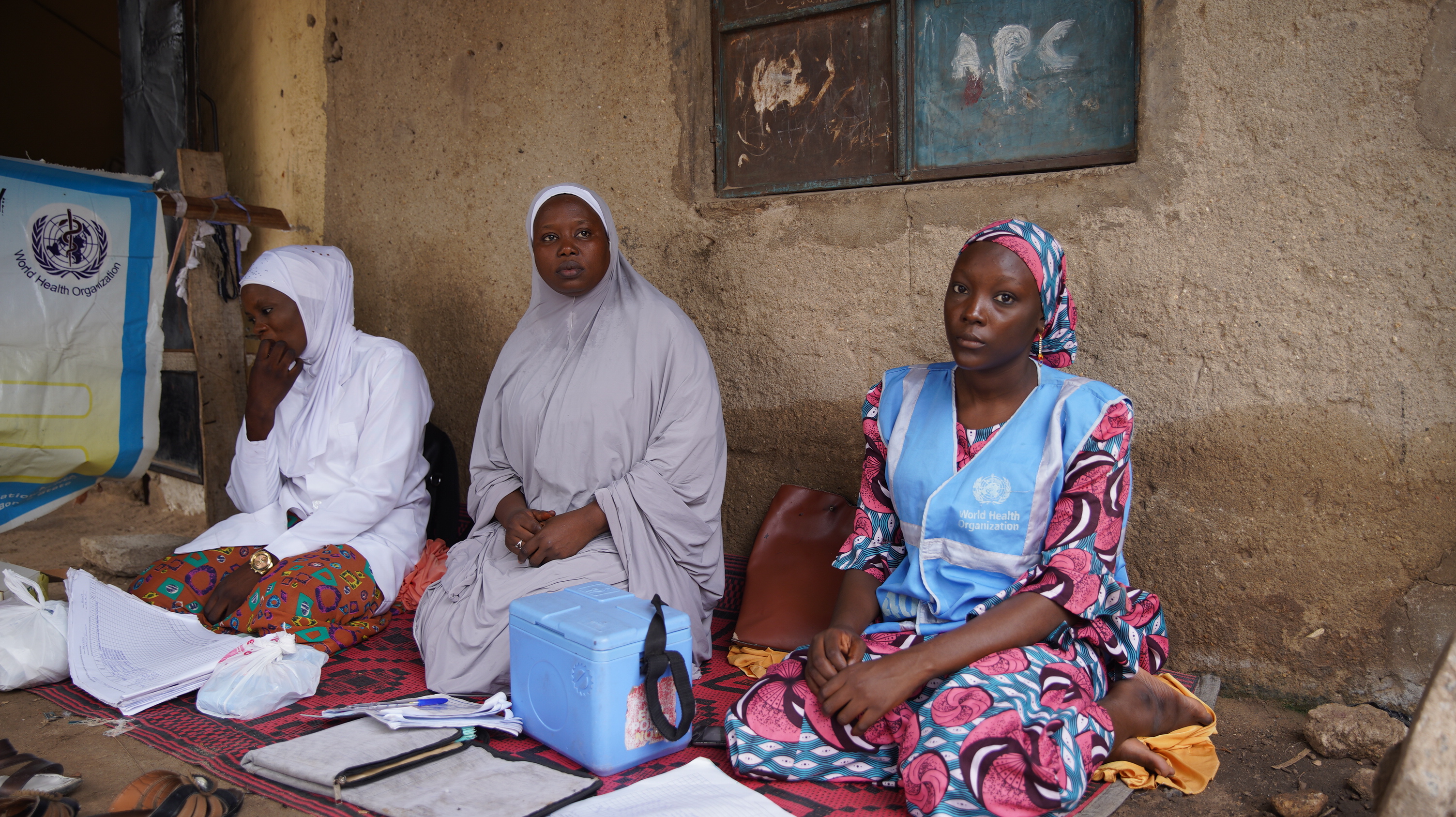Globally, most people living with diabetes are of working age, which makes workplaces a critical environment for both prevention and support. In Uganda, workplaces range from formal offices and factories to informal markets and farms. Interventions that work across these settings include: offering healthy canteen choices or subsidised healthy snacks; creating short, scheduled activity breaks; organising regular blood-glucose screening and linkage to care; and protecting time off for clinic visits. These measures protect worker productivity and dignity while lowering long-term health costs for employers and the nation. They also respond directly to the 2025 World Diabetes Day call to action.

PAN American Health Organization (PAHO)
PAHO/WHO and the Ministry of Health Join Forces: Second STEPS Survey Launched in Trinidad and Tobago to Combat Chronic Non-Communicable Diseases
Country Stories
24 Apr 2024
Adapting lifestyle programmes to Uganda requires attention to cost and culture. Community health workers and nutritionists can deliver group education that uses local recipes and demonstrations (for example, showing how to make a balanced plate with matooke, beans and vegetables). Peer-led walking groups or market-based activity sessions harness social support and are inexpensive to run. Workplace health champions selected staff or market leaders trained in screening and basic counselling can extend reach into informal sectors where formal occupational health systems are limited.
Clinical evidence shows that even modest weight loss and small, sustained changes in diet and activity produce measurable reductions in diabetes risk and improvements in glycaemic control. This evidence supports focusing on achievable goals (reduce sugar in drinks, increase pulses and vegetables, brisk walking) rather than idealised diets that are unaffordable or culturally mismatched.

WHO Regional Office for Africa
Community health worker programmes in the WHO African region Policy brief
Briefs & Fact Sheets
17 Oct 2018
About
According to the International Diabetes Federation’s most recent country estimates, roughly 369,100 Ugandan adults (about 2.2% of adults) were living with diabetes in 2024 — with projections showing substantial growth by 2050 unless stronger prevention and detection activities are scaled. Many people remain undiagnosed and access to continuous care is uneven, especially outside urban centres. These figures underline that diabetes is a growing public-health and development issue for Uganda, not just an individual medical problem.
Evidence from clinical trials and systematic reviews consistently shows that lifestyle modification improved diet, increased physical activity and weight management reduces the risk of progression from prediabetes to type 2 diabetes and improves glycaemic control for people with diabetes. These findings support the use of culturally adapted nutrition programmes as core prevention and early-management strategies.
Translating this into Uganda means building on the strengths of our food systems. Traditional staples finger millet (embaala), sorghum, matooke (plantain), millet porridge, beans and an abundance of leafy greens are nutrient-dense and have favourable effects on blood glucose when eaten as part of balanced meals. Practical, evidence-based advice that WHO guidance and other public health resources recommend eat regular meals containing starchy foods, aim for daily portions of fruit and vegetables, maintain a healthy weight and include regular physical activity can be adapted to local contexts. Rather than importing foreign diet patterns, we should promote portion balance, whole grains, legumes, seasonal fruits and vegetables, and replace sugary packaged drinks with water or traditional unsweetened beverages.

